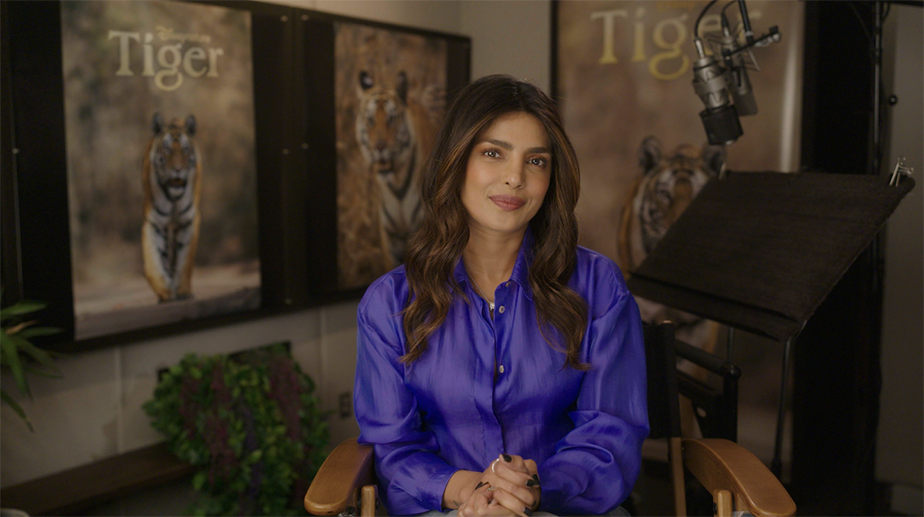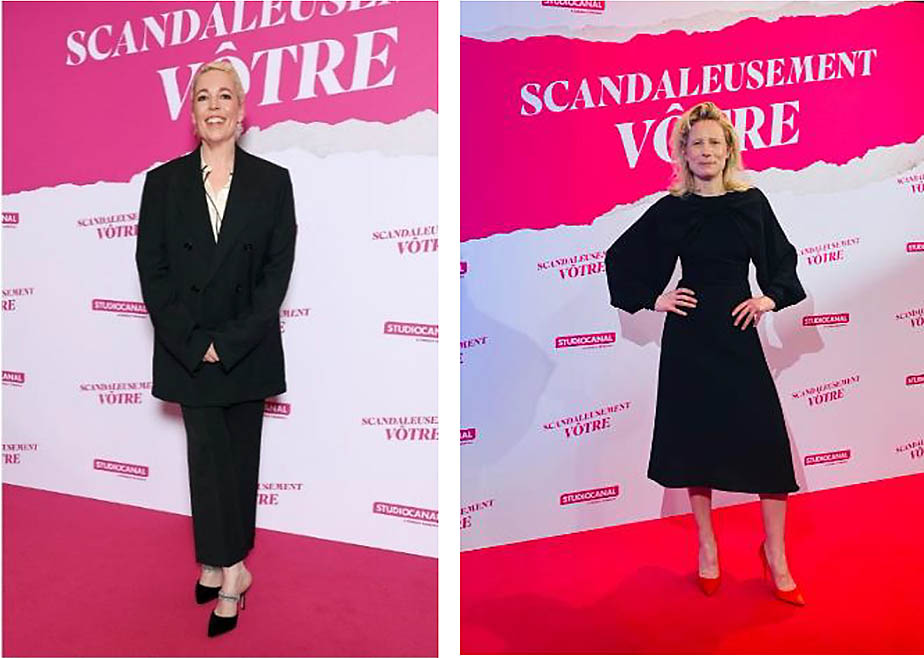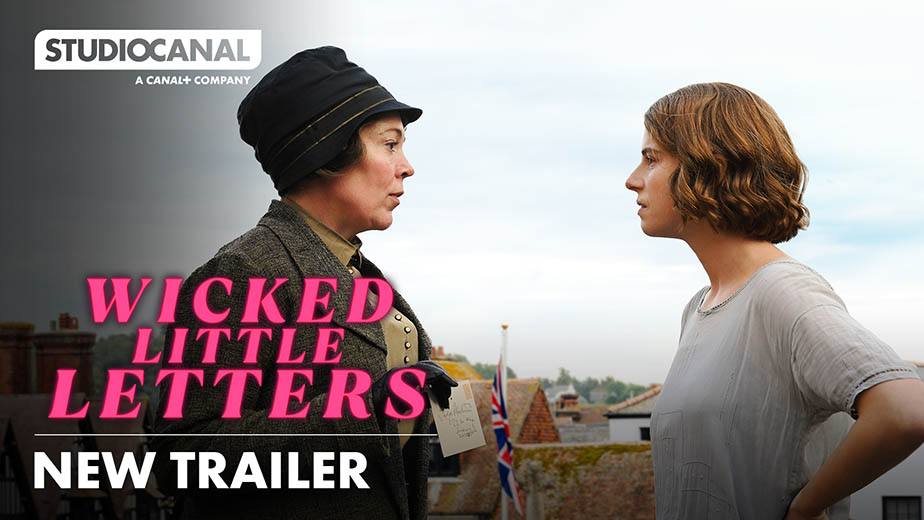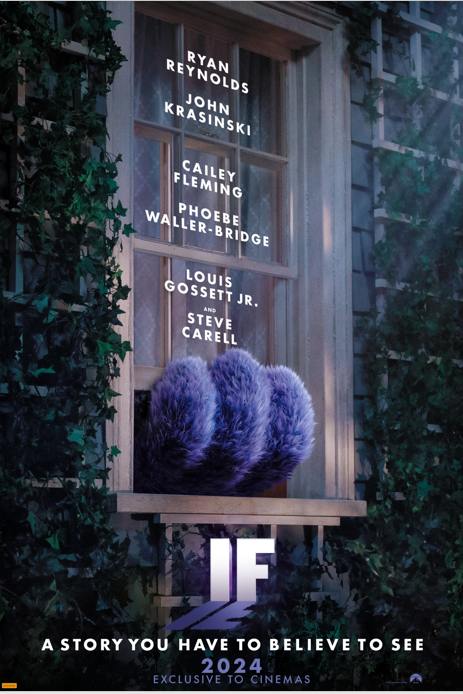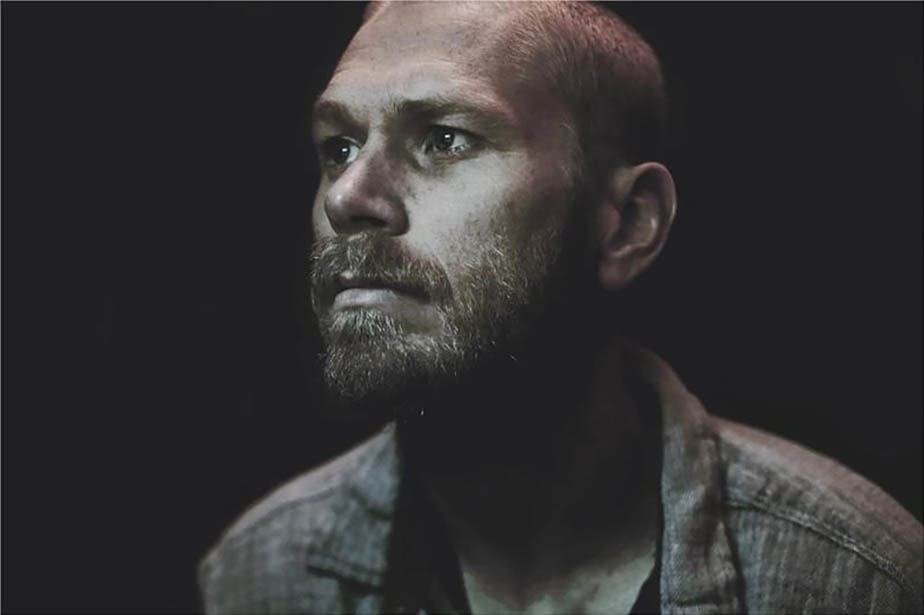
In the captivating realm of entertainment, one name stands out as a true virtuoso of the craft – Peter Maple. With an illustrious career spanning multiple facets of the industry, including writing, acting, producing, and directing, Maple has earned his place as an Award-Winning talent leaving an indelible mark on Film, TV, Radio, Stage, and the vast expanse of the digital landscape.
From his early days honing his skills at Theatre Nepean, Peter Maple displayed an unyielding commitment to his craft. Graduating with a Bachelor of Performance, he laid the foundation for a remarkable journey as an artist. Undeterred by challenges and fueled by an insatiable appetite for growth, he went on to pursue a Masters of Writing at the prestigious National Institute of Dramatic Art (NIDA), further solidifying his position as a master wordsmith.
Versatility is Peter Maple’s forte. His dedication to storytelling transcends traditional boundaries, earning him the titles of actor, writer, producer, and director. This diversity of talents makes him a sought-after collaborator, and his bravery in approaching projects with unwavering professionalism sets him apart as a stalwart of the industry.
At the core of Maple’s artistic ethos lies an unshakable belief in the profound power of storytelling. To him, storytelling is more than a means of entertainment; it is a catalyst for change. Whether through the silver screen, the airwaves, or the live stage, Maple’s narratives wield the power to connect hearts, provoke emotions, enlighten minds, and inspire transformation.
For Peter Maple, the art of storytelling goes beyond mere amusement; it is a force for empowerment. He understands its potential to uplift souls, make individuals feel seen and heard, and create a sense of togetherness in a fragmented world. With each project, Maple strives to use his creative platform to entertain and assist others in navigating their own emotional journeys.
Beyond his creative endeavors, Peter Maple stands as a devoted family man, cherishing his roles as a father and husband. This sense of love and connection spills over into his work, making him a visionary leader who harnesses the collective energy of his teams to craft stories that resonate deeply with audiences.
As his career flourishes and his influence grows, Peter Maple remains steadfast in his pursuit of innovation and excellence. His love for movies, theater, and stories continues to fuel his artistic fire, inspiring him to keep pushing the boundaries of storytelling to new heights.
In a world where stories have the power to change lives, Peter Maple stands as a beacon of creativity, compassion, and artistry. His remarkable journey serves as a testament to the transformative force of storytelling and cements his status as a true luminary shaping the entertainment landscape. With each new project, he continues to captivate hearts, stir emotions, and leave an enduring legacy that will inspire generations to come.
FilmCentral Magazine recently had the privilege of sitting down with Peter to delve into his illustrious journey in the industry, and here’s what unfolded during our conversation.
Can you tell us more about yourself?
I am a father, a husband, an actor, a writer, a producer, a director, and a lover of movies and theatre and stories – I am a storyteller. I believe in the power of storytelling. The power to connect, affect, illuminate, educate, share, change. The power to Assist – to not feel alone, to be seen and heard, and the power to evoke feelings. The power to simply Entertain.
How did you get started in the entertainment industry?
Stories/movies were always my outlet, my escape as a child. My teacher even… A lot of my childhood was spent ill and alone. Movies, in particular, were my companion.
Fascinated with and by movies, I instinctively sought as much knowledge about them as possible, reading up on writers, actors, and directors – and educating myself by watching and absorbing as many films as possible (this was via the good, old, long-gone video store).
From there, I was always creating and scribbling down my own stories – not with any conscious thought to do anything with them but to further live in imagined worlds rather than my own reality.
I was an introverted person at heart, so I never thought I could be an actor (which all my heroes were), as I mistakenly believed an actor was someone who had to be extroverted and confident. In my teens, I started making my own short films. I eventually sought out an acting class so, as I told myself and my acting teacher, “I could better understand and write characters”. I think, in reality, I knew I wanted to act, and this was a way to dip my toes into the experience safely. I found myself immediately challenged by the art of acting, and I wanted to know and do more. This led to community theatre, a Bachelor of Performance Degree, performing on stage and screen, completing a Masters of Writing at NIDA – and to now, working as a writer and actor (and sometimes producer and director) on my own and others’ productions.
What do you like most about acting?
It changes over time. Initially, I loved the opportunity and access – and portal! – it provided to being someone else, and with that, the freedom, the excitement, the challenge, the fear, the exploration within that. That is still the case.
I also value the space it provides to connect and share with audiences – and the conversations and debates that can arise from us engaging in storytelling together.
These days, I embrace being able to work and collaborate with some truly interesting and talented minds and genuine, authentic human beings—people who think and care, listen, and try.
Tell us about your role in the new film, Streets of Colour. What was your character like and how did you bring it to life.
I portray Gazza Madden, older brother to Kyle Madden, one of Tez’s best friends, the film’s central character.
On the surface, Gazza is a bit of an animal – all impulse, anger, and no regard for others and their lives. From the outside, he’s seen as a white Anglo-Saxon Australian racist – which he is. And he does some pretty despicable, unforgivable things –one particular violent act is at the core of the story’s turning point, which changes the lives of everyone involved and the lives of the various communities that satellite these now fractured individuals.
It was my challenge to portray these very ugly elements of the character while at the same time trying to find the human hidden down amongst all that hate and rage. To find what was the root of the person. And I looked at his relationships within the script, which are all damaged. And so, apart from the obvious anger, I saw pain. Because that’s what’s at the root of his anger, this is someone in an immense amount of pain. But what is the origin of that pain and hate? Well, ultimately, it’s a self-hatred. And he carries that with him everywhere he goes. I saw a person who was struggling with such constant inner turmoil. He was never at ease, never happy. So, he ‘had to’ inflict pain and anger upon others… That’s the only language he understood. With all that pain and anger inside, to me, he was a character that was either going to implode or explode; consequently, I found him to be a person who was doing both simultaneously – imploding and exploding.
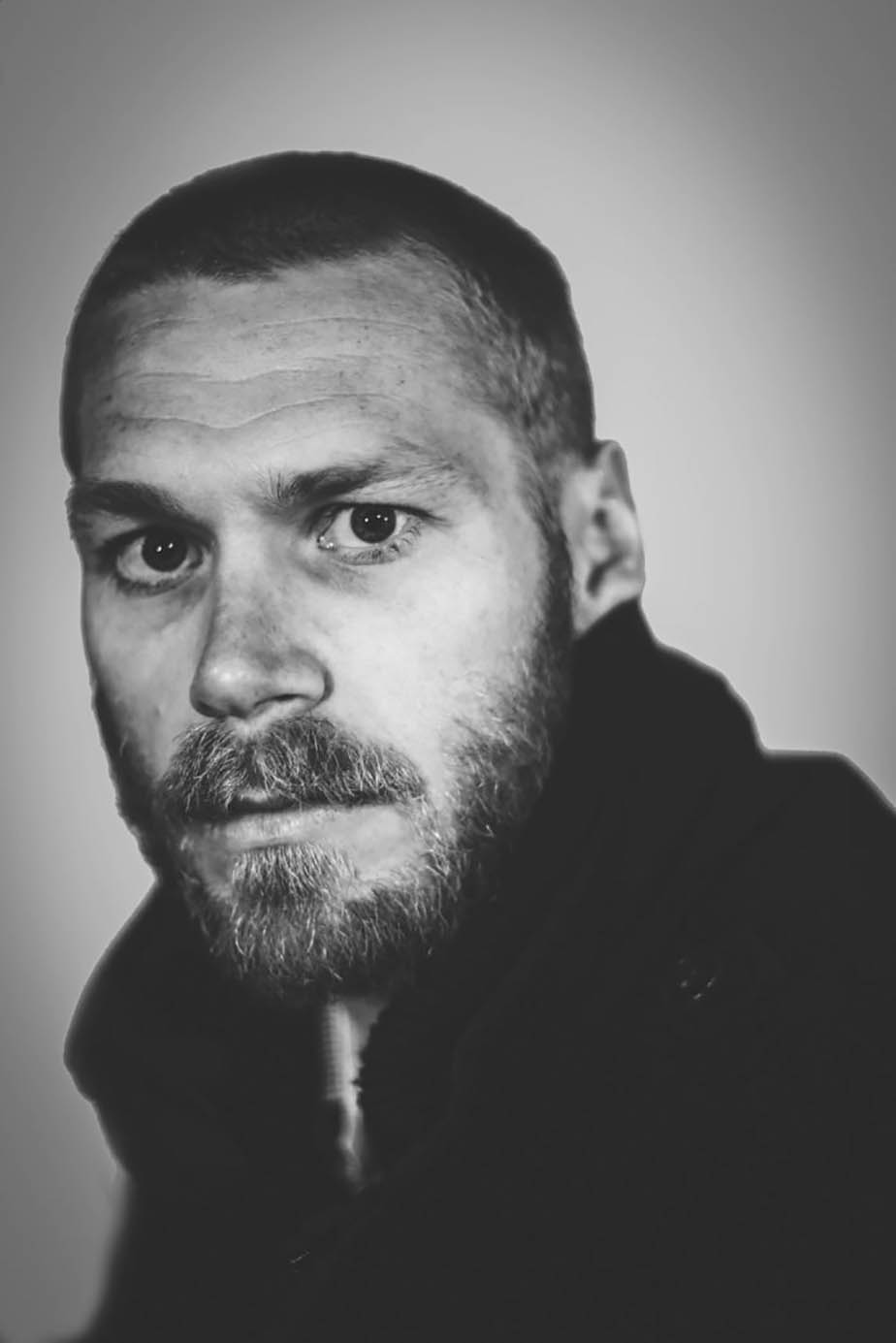
What have you learned from the directors that you have worked with throughout your career? (See if you can add a comment also about Ronnie)
I’ve learned more from bad directors than from good directors!
I have learned what I don’t want or need and what I see a production not wanting or needing. The good ones intrinsically know what is required of them. (Don’t get me wrong, I’m sure they’ve trained and worked hard to hone their craft). There are directors who just know how to talk to actors (and all other departments), who understand that it’s the building of a conducive creative environment that’s key.
Ronnie has been one of those directors. He has displayed quiet confidence in his story, himself, and the people around him. And that permeates, rebounds, and bounces around – and suddenly, everyone feels quietly confident together. Then we all appropriately collaborate, working towards the one goal of telling the same story.
What are some of the difficulties of the acting business?
Everything. And I say that as a joke, while at the same time, it is very true because we’re talking about the ‘business’ of acting right now, not the process or the job of acting itself.
“What are some of the difficulties of the acting business?”. Everything. From finding work, finding confidence, and finding collaborators. Availabilities of roles. Money. Resources. Opportunities…
But we do it because we love it. Hopefully, otherwise, I don’t see any other reason to do it.
The ’job’ of acting itself is play. The ‘business’ of acting is work.
What’s challenging about bringing a script to life?
Apart from the fundamentals of coming to understand your character, their role within the story, and how best to portray that, a great challenge of bringing a script to life can be Interpretation. Properly being aware of what the story actually is – not what you think it is or wants it to be – and then most fittingly applying yourself and your character to that, whether it be what genre, what style, or for what ‘market’ even. “What story is actually being told here…”
What do you do when you’re not filming?
I’m raising my kids; family is important to me. I’m working as a writer – on my own projects and on the projects of others. I’m producing my own projects.
I’m trying to watch as many good films with my kids as possible!
What has been the most memorable experience of your career so far?
There are many. They all add up to make up an entire experience; one experience builds upon the other and informs the other to get you to where and how you feel today. But, seeing as we’re in the present, I’ll draw a circle right now around the world premiere of Streets of Colour. One for the fact that it was an exciting, heightened night, full of glitz, glamour, attention and flashing lights! Which all played out the historic, iconic, and quite stunningly-designed Hayden Cremorne Orpheum. Two, and most importantly, was the fact that it was the culmination of a long, many-year journey for the film and everyone involved – and it was an acknowledgment of that and a celebration of that. And it was with such a fine collection of creatives – cast and crew – who worked together like a family. Who worked hard together. And got brought back together to finally share with audiences a meaningful and powerful story about identity and the importance of community.
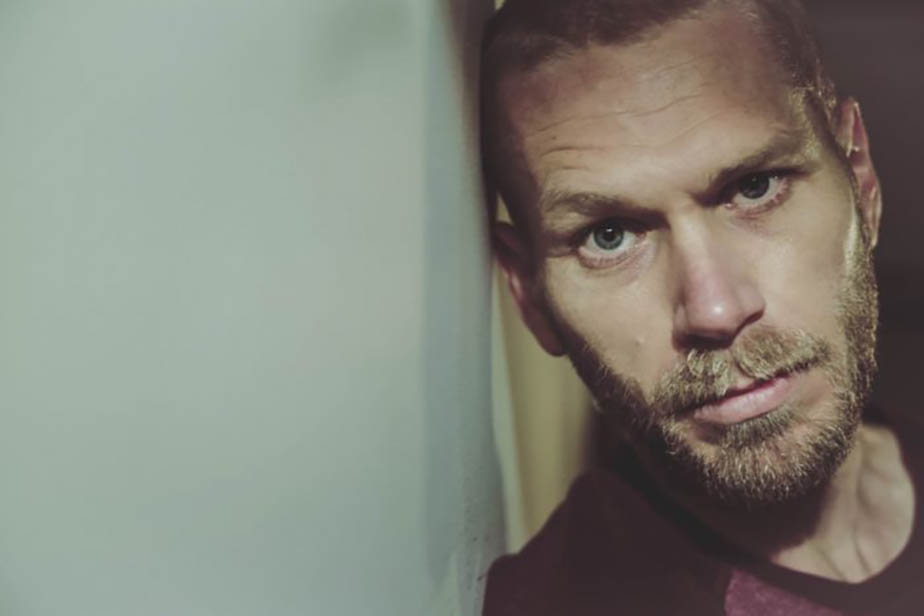
Who have been the most interesting people you’ve met so far?
The most interesting people I meet to me, are always the ones who are honest and true (to themselves), and are open and caring, and capable of learning/listening/change.
If someone is going to make your life into a movie, who would play you?
Cate Blanchett – she seems to be able to do anything.
-What are your future plans? Inside your career or out of it.
Continue learning – as an artist, as a person.
I’m looking forward to what stories I may get to be involved in creating and telling – and the stories I may get to experience as an audience.
In the immediate, I’m excited for the world premiere of the documentary, Disconnect Me. I’m proud to be a producer on this innovative interactive investigation into our growing obsession with our smartphones and social media, led by filmmaker Alex Lykos. We’ll be releasing it later in 2023, and it asks us all the question, “Can you live without your phone?”.
I’m very much looking forward to what’s in store for the future of Streets of Colour.
